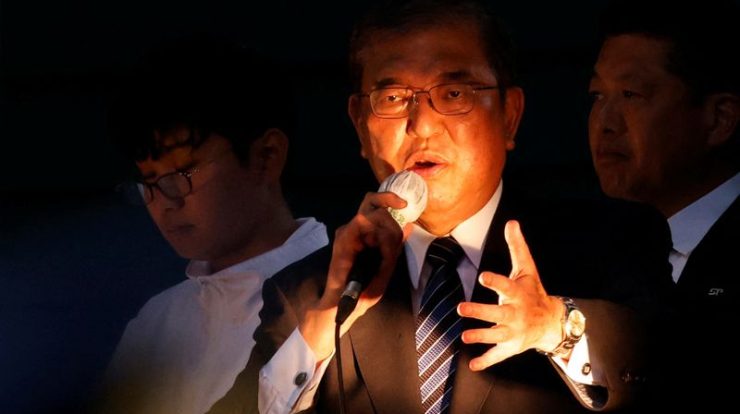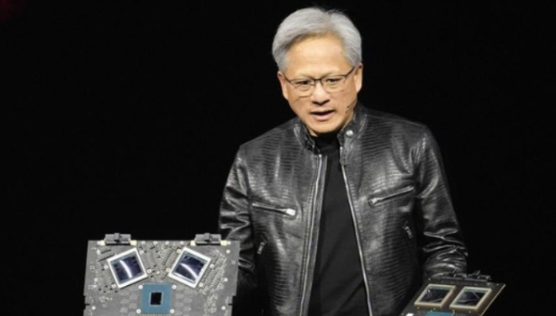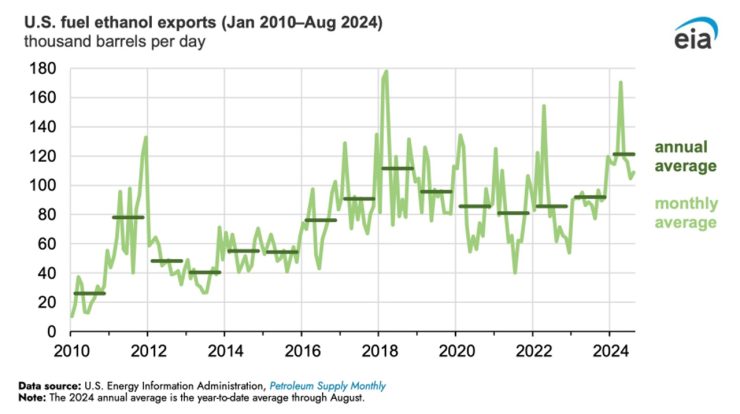
Exit polls for the general election on Sunday indicated that the governing coalition of Japan is expected to lose its parliamentary majority. This development has increased uncertainty regarding the composition of the government of the world’s fourth-largest economy.
According to a survey conducted by Nippon TV, the Liberal Democratic Party (LDP), which has governed Japan for nearly the entirety of its post-war history, and its subordinate coalition partner, Komeito, would secure 198 of the 465 seats in the lower house of Japan’s parliament.
This would be the coalition’s worst election outcome since the coalition momentarily lost power in 2009, as it would fall far short of the 233 votes required to maintain its majority.
The main opposition, the Constitutional Democratic Party of Japan (CDPJ), was projected to secure 157 seats, making it the most prominent winner of the evening. Voters punished Ishiba’s party for a funding controversy and inflation.
The result may necessitate parties to enter into fractious power-sharing agreements to govern, potentially leading to political instability as the country grapples with economic challenges and an increasingly fraught security environment in East Asia.
Another unpredictable ballot awaits electors in the United States, Japan’s closest ally, nine days prior to the election.
“This election has been extremely challenging for us,” stated a somber-looking Ishiba to TV Tokyo, with approximately 40% of the seats yet to be declared.
He stated that he would not contemplate potential coalitions or other power-sharing deals until the final results are available, which are expected to be released in the early hours of Monday.
According to a survey conducted by public broadcaster NHK, his coalition is expected to secure between 174 and 254 seats, while the CDPJ is expected to secure 128 to 191 seats.
Ishiba announced the snap poll promptly upon his election as party leader last month, to secure a public mandate for his premiership. His predecessor, Fumio Kishida, resigned after his support plummeted as a result of fury over a cost of living crisis and the scandal involving unrecorded donations to lawmakers.
Since its return to power in 2012, the LDP has maintained an uncontested majority following a brief period of opposition rule. In 1993, it momentarily lost power when a government comprised of seven opposition parties was established, which lasted for less than one year.
Investors are anticipated to respond to the uncertainty by increasing the yields on longer-dated government bonds, while Japanese equities and the yen are anticipated to decline.
Saisuke Sakai, a senior economist at Mizuho Research and Technologies, stated that the voters’ assessment of the governing bloc was more severe than anticipated.
“Uncertainty over the administration’s continuity has increased, and the stock market is likely to react tomorrow with a sell-off, especially among foreign investors.”
POLITICAL TRANSACTIONS
The exit polls indicate that minor parties, such as the Japan Innovation Party or the Democratic Party for the People (DPP), may be instrumental in the formation of a government.
According to the exit poll conducted by NHK, the Japan Innovation Party is anticipated to secure 28 to 45 seats, while the DPP is anticipated to secure 20 to 33 seats. However, both policies are in direct opposition to the LDP’s stance.
The notion of collaboration with the LDP-led coalition has not been entirely dismissed by DPP chief Yuichiro Tamaki, but Innovation Party head Nobuyuki Baba has rejected it.
The DPP has proposed a policy of halving Japan’s 10% sales tax until real wages increase, a proposal that the LDP has not endorsed. Meanwhile, the Innovation Party has committed to enforcing more stringent donation regulations to improve the quality of politics.
“I voted for the DPP because they are committed to improving the country and ensuring that financial resources are allocated more effectively,” said Keisuke Yoshitomi, a 39-year-old office worker, after casting his ballot at a polling station in Tokyo.
The DPP leader has expressed concern that the Bank of Japan may have been hasty in raising rates, while the Innovation Party is opposed to further increases. The central bank is committed to progressively weaning Japan off decades of massive monetary stimulus.
If Ishiba selects a partner who advocates for the preservation of near-zero interest rates during the central bank’s efforts to progressively increase them, political disputes could disrupt markets and pose a challenge to the Bank of Japan.
The Nikkei index, which serves as the barometer for Japanese shares, recorded a 2.7% decline last week following the initial indication by opinion polls that the ruling coalition may lose its majority.
“The implementation of economic policies that involve tax increases, such as those intended to finance defense spending, will be significantly more challenging in the context of a more dynamic political environment,” stated Masafumi Fujihara, an associate professor of politics at Yamanashi University.
“Without a strong government, it would be more difficult for the BOJ to raise rates and keep the weak yen under control.”






